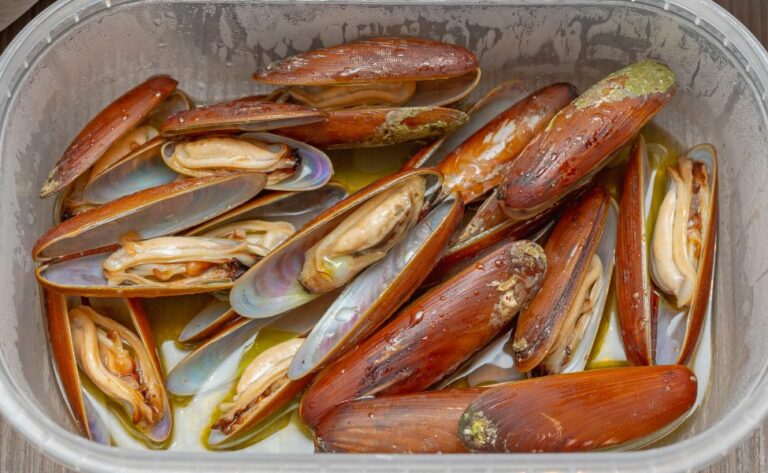Introduction: Bosnian Cuisine
Bosnian cuisine is a reflection of the country’s rich cultural history and diverse geography. Located in the heart of the Balkans, Bosnia and Herzegovina boasts a culinary tradition influenced by Turkish, Austrian, and Mediterranean cuisine. Bosnian cuisine is characterized by its hearty and flavorful dishes, often featuring meat, vegetables, and grains.
The Importance of Local Ingredients
Local ingredients play a significant role in Bosnian cuisine. The country’s varied climate, soil, and terrain provide an abundance of fresh produce, meats, and dairy products. Bosnian cooks take pride in using locally sourced ingredients, many of which are grown and harvested in family gardens or purchased at local markets. The use of local ingredients not only supports the local economy but also ensures that dishes are fresh and flavorful.
Meat: The Main Ingredient in Bosnian Cuisine
Meat is the main ingredient in Bosnian cuisine. Beef, lamb, and veal are commonly used in dishes such as cevapi (grilled sausages), sarma (stuffed cabbage rolls), and Bosanski lonac (meat and vegetable stew). Bosnian cooking also features game meats such as venison and wild boar, which are popular in the mountainous regions of the country.
The Use of Dairy in Bosnian Dishes
Dairy products play an essential role in Bosnian cuisine. Milk, yogurt, and cheese are used in many dishes, including pies, stews, and desserts. One of the most popular dairy products in Bosnian cooking is kajmak, a type of clotted cream that is often served with bread and meat dishes. Another widely used dairy product is sir (cheese), which comes in many varieties, including the popular feta-like cheese, called “mladi sir.”
The Role of Grains in Bosnian Cuisine
Grains are a staple in Bosnian cuisine. Rice, bulgur, and barley are often used in stuffed dishes, such as dolma and pilaf. Bread is also an essential part of Bosnian cuisine, with various types of bread, including lepinja, somun, and pita, served with meals.
Vegetables and Herbs in Bosnian Cooking
Bosnian cuisine features a variety of vegetables and herbs. Tomatoes, peppers, eggplants, and onions are commonly used in dishes such as ajvar (a roasted red pepper and eggplant spread) and zeljanica (spinach and cheese pie). Herbs such as parsley, dill, and mint are used in many dishes to add flavor and freshness.
Sweet Treats: Bosnian Desserts and Pastries
Bosnian cuisine has a rich tradition of desserts and pastries. Baklava, a sweet pastry made of layers of phyllo dough filled with chopped nuts and honey syrup, is a popular dessert in Bosnian cuisine. Tufahije, a dessert made of poached apples filled with walnuts and whipped cream, is another popular sweet treat.
Notable Local Ingredients in Bosnian Cuisine
Some of the notable local ingredients commonly used in Bosnian cuisine include ajvar (roasted red pepper and eggplant spread), kajmak (clotted cream), suho meso (dried beef or venison), and ruza (rose water). Additionally, Bosnians take great pride in their homemade rakija, a fruit brandy that is often served with meals or as a digestive after dinner.

